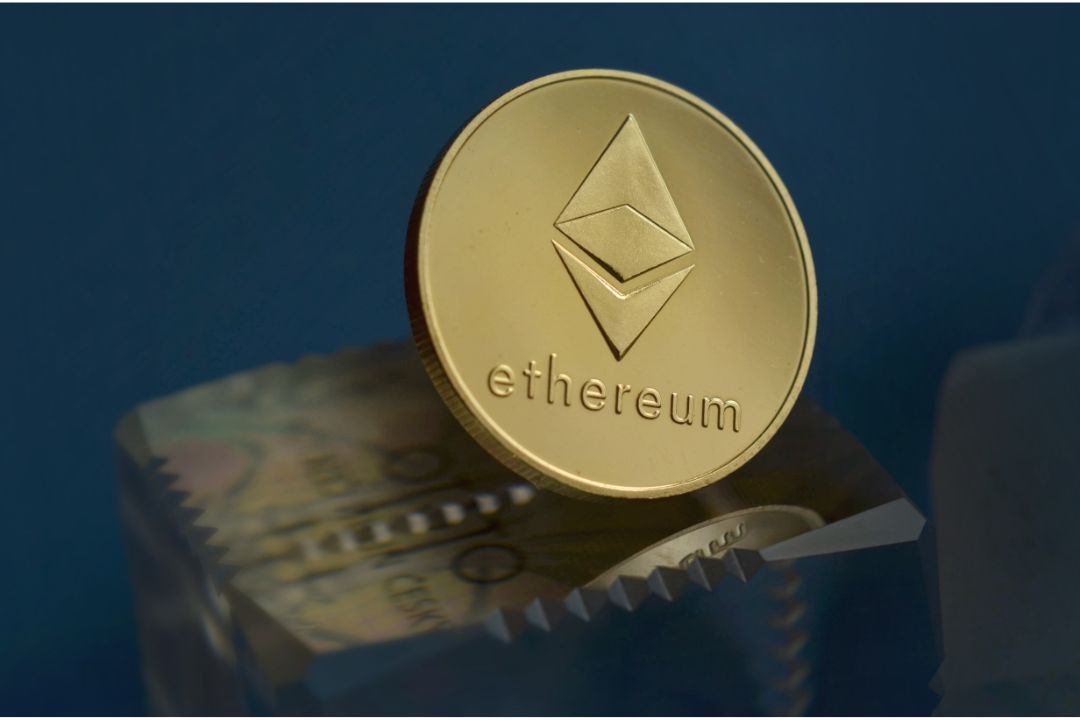On April 29, 2025, BlackRock, the world’s largest asset manager, quietly filed something with the U.S. Securities and Exchange Commission (SEC) that could change how institutional finance works.
The filing proposes a new class of shares for its $150 billion Treasury Trust Fund—called DLT Shares—that will exist on the blockchain. The goal? Track ownership with more transparency, better efficiency, and no cryptocurrency involved.
This isn’t a flashy Web3 stunt. It’s a serious step toward real-world asset tokenization, and it deserves your attention.
What BlackRock Just Filed (And Why It Matters)
The SEC filing outlines a digital share class for the BlackRock Treasury Trust Fund, which holds U.S. Treasury securities and managed $150.1 billion as of late April 2025.
The new DLT Shares, short for Distributed Ledger Technology Shares, won’t hold crypto. Instead, blockchain technology will be used to mirror ownership records, providing a more secure and transparent way to track who owns what.
BNY Mellon, one of the largest financial institutions in the world, will manage the blockchain-based ledger. Their job will be to maintain the digital ownership records, which will exist alongside traditional systems.
It’s a major development in bringing blockchain into mainstream finance, without diving into volatile cryptocurrencies.
Who Can Buy These DLT Shares?
This is not aimed at everyday investors, for now.
To purchase the tokenized shares, institutions will need to invest at least $3 million upfront. But there’s no minimum requirement for future investments, giving institutions more flexibility after the initial commitment.
These high barriers are by design. BlackRock is targeting large institutional clients, not the retail crowd. Yet this move could eventually lay the groundwork for broader access.
Why Now? Tokenization Is Gaining Ground Fast
This isn’t BlackRock’s first step into tokenized assets. Earlier, they launched the BUIDL fund, a tokenized money market fund that now holds over $1.7 billion and recently expanded onto the Solana blockchain.
BlackRock’s newest filing comes as the financial industry is watching real-world asset (RWA) tokenization take off. The RWA market has already surpassed $19 billion, and the momentum keeps building.
On the same day as BlackRock’s announcement, Libre revealed its plan to tokenize $500 million of Telegram’s debt using the TON blockchain.
This is no longer a niche trend—it’s an arms race to modernize financial infrastructure.
Larry Fink’s Vision: Efficiency and Access, But Challenges Remain
BlackRock CEO Larry Fink has been open about his belief in tokenization. He says it will “revolutionize investing”, especially by enabling fractional ownership and more efficient shareholder voting.
Fink also sees tokenization as a tool to democratize yield—giving more investors access to income-generating assets that were previously reserved for institutions.
But he’s not naive about the roadblocks. One of the biggest challenges? Identity verification infrastructure. If digital assets are going to scale securely, the systems verifying ownership need to evolve just as quickly.
And there’s a larger warning baked into Fink’s comments. As noted in this CoinDesk article, he’s concerned that the U.S. dollar’s reserve currency status could erode if the country doesn’t manage its debt—especially with alternatives like Bitcoin gaining global traction.
The Bigger Picture: A Strategic Step, Not Just a Technical Upgrade
Let’s be clear: BlackRock’s filing isn’t about jumping on a trend. It’s about future-proofing traditional finance.
This move signals a deep belief that tokenized funds, digital ownership records, and blockchain-based settlement systems are the future. And if BlackRock, a $10 trillion asset manager, is leaning in, others will follow.
It also opens the door to faster settlements, real-time fund auditing, and even reduced counterparty risk—benefits that financial institutions have chased for decades.
Still, success hinges on regulatory approval, market readiness, and solving the tech stack challenges around privacy, scalability, and verification.
BlackRock’s decision to tokenize its $150B Treasury Trust Fund is more than just a technical upgrade. It’s a strategic shift with far-reaching implications for how we invest, track ownership, and access capital.
The company isn’t betting on crypto. It’s betting on the underlying tech—blockchain—as the backbone of the next era of finance.
Whether you’re bullish or skeptical, one thing is clear: Tokenization is no longer a what-if. It’s a when.
And BlackRock just moved that timeline forward.



